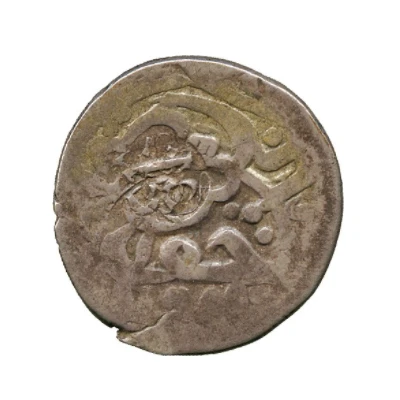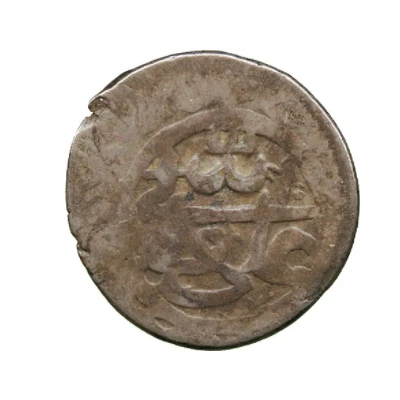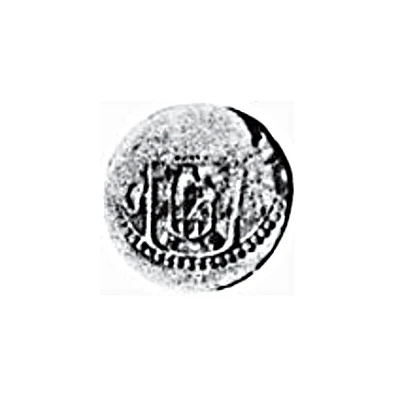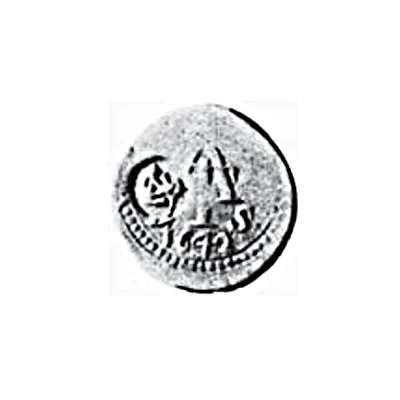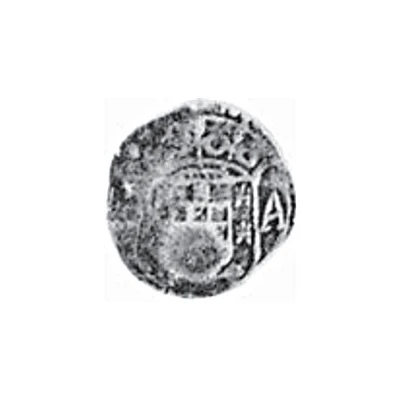
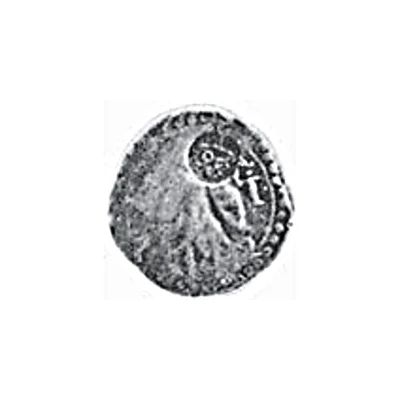

© Heritage Auctions
2 Tangas Counterstamped
| Silver | 4.5 g | 23 mm |
| Issuer | Sri Lanka › Ceylon (1597-1972) |
|---|---|
| Period | Portuguese occupation (1597-1658) |
| Type | Standard circulation coin |
| Years | 1640-1642 |
| Value | 2 Tangas (⅖) |
| Currency | Xerafim (1580-1706) |
| Composition | Silver |
| Weight | 4.5 g |
| Diameter | 23 mm |
| Thickness | 0.9 mm |
| Shape | Round |
| Orientation | Coin alignment ↑↓ |
| Demonetized | Yes |
| Updated | 2024-10-07 |
| Numista | N#146177 |
|---|---|
| Rarity index | 95% |
Reverse
Lettering and countermark
Lettering:
SF
1640
I
VOC
Edge
Plain
Comment
Type III (Jaffna) countermark on Portuguese India 2 Tangas of Filipe III, AG# F3 17Interesting fact
The 2 Tangas coin from Sri Lanka, also known as Ceylon, is interesting because it was issued during a time of great change in the country. The coin was minted between 1640 and 1642, a period when the Portuguese were fighting to maintain their control over the island, which they had colonized in the early 16th century. The coin features a counterstamp, which was added to the coin to validate its authenticity and value. This counterstamp was applied by the local king, Rajasinghe II, who ruled the kingdom of Kandy, which was one of the three main kingdoms on the island at the time. The use of a counterstamp was a common practice during this period, as it allowed the king to control the flow of currency and prevent counterfeiting. The fact that this coin has survived to this day is a testament to its historical significance and the enduring legacy of Sri Lanka's rich cultural heritage.
